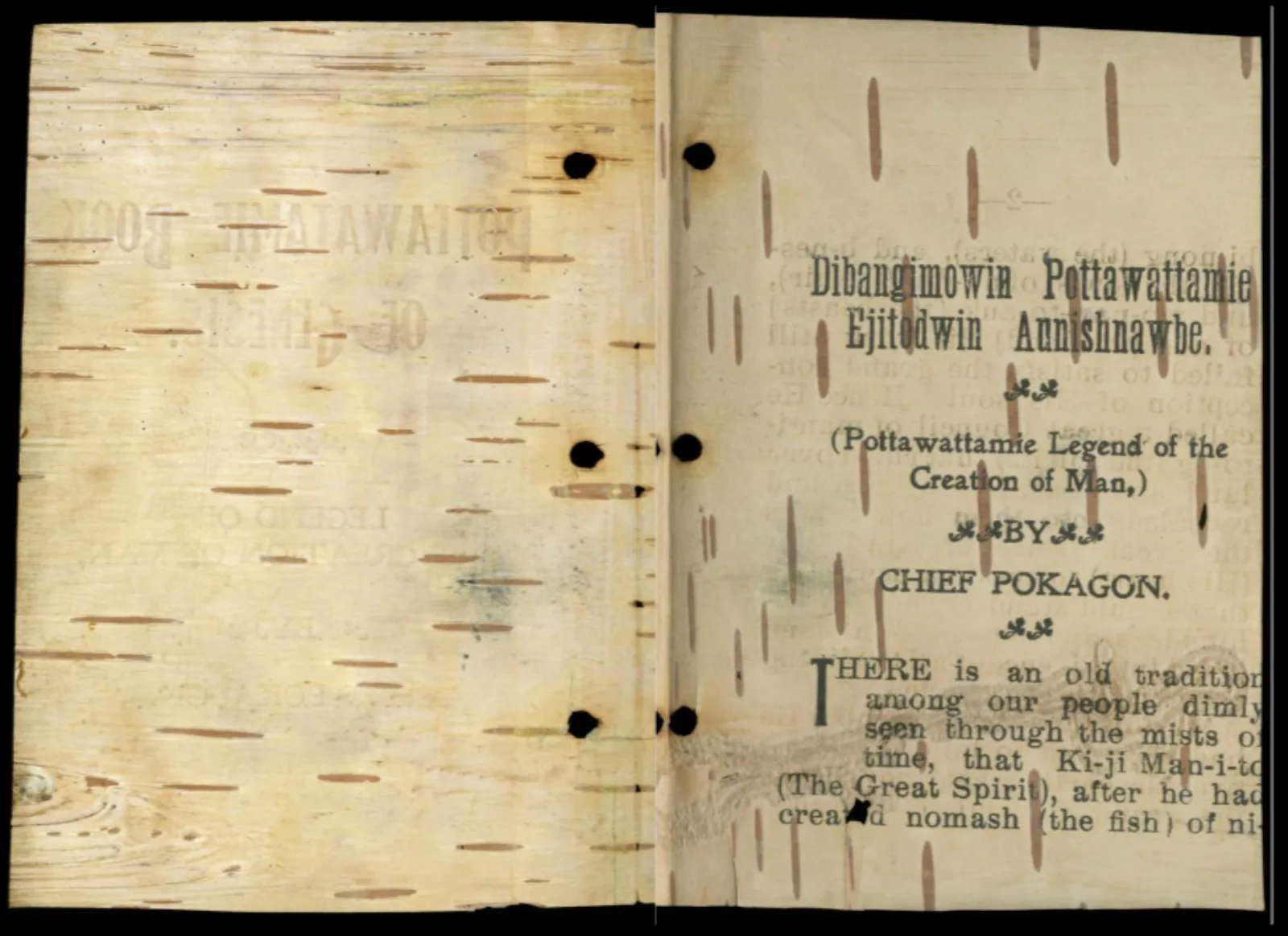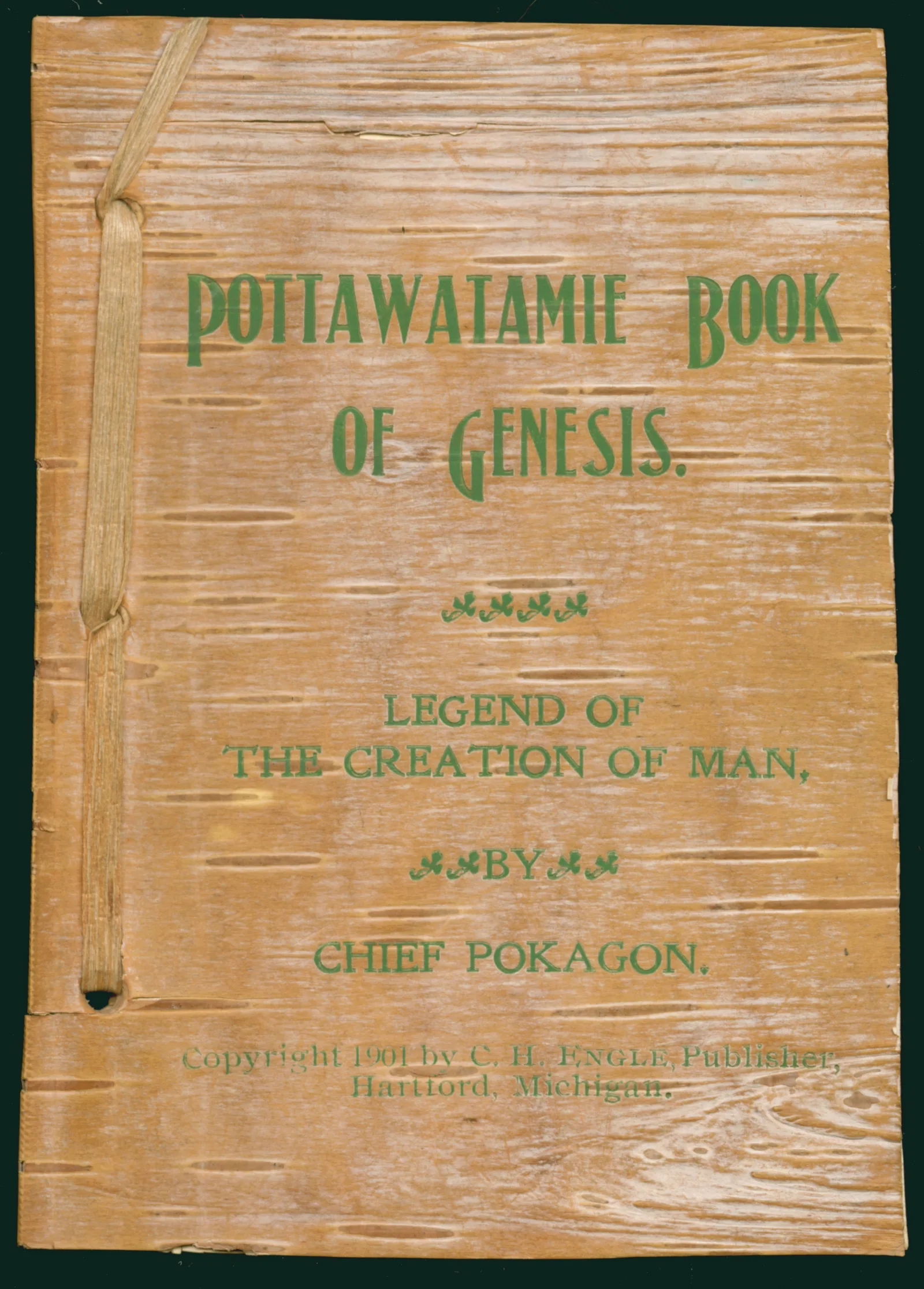Description
This workshop invites scholars of medieval, premodern, and early modern studies to engage with Indigenous (specifically Anishinaabe) understandings of storytelling—often labeled myths, legends, or prophecies—by recognizing their rich intellectual traditions, layered meanings, and complex relationships between the seemingly “real” and “unreal.” Through this approach, participants will explore how Great Lakes Native oral traditions can provide new insights into their own disciplines while also shaping more inclusive and interdisciplinary research and teaching methodologies.
Scholarship in premodern studies, especially medieval and early modern history, has traditionally privileged European perspectives, frequently marginalizing or isolating Indigenous histories and knowledge systems from the field’s central intellectual concerns. However, Indigenous narrative traditions provide nuanced perspectives on temporality, sacred history, cosmology, and interspecies relations, often complementing, contesting, or extending medieval and early modern paradigms. This workshop seeks to bridge these disciplinary divides by demonstrating how Indigenous storytelling traditions function not only as narratives, but also as living intellectual systems or interpretive frameworks that can inform contemporary approaches to premodern studies.
Using both the Indigenous Studies and Medieval, Renaissance, & Early Modern Studies collections at the Newberry Library, a core element of this workshop is the exploration of apocalyptic narratives, encompassing accounts of endings, shifts, and fundamental societal changes. A comparative analysis will explore the shared moral, ecological, and spiritual underpinnings of both approaches, and their points of divergence. For example, Western models frequently portray the apocalypse as a singular, absolute rupture. Whereas, Indigenous apocalyptic traditions offer alternative perspectives, often understanding apocalyptic moments as cyclical and relational. By analyzing these Anishinaabe stories alongside medieval and early modern visions of apocalypse—ranging from Christian eschatology to early colonial encounters—participants will consider how different cultures have understood cataclysmic change and renewal, and how those narratives have influenced perceptions of history, temporality, and crisis.
Learn more about the instructor, Blaire Morseau.
Application Information
This workshop/seminar is free and open to all, but space is limited. Priority will be given to qualified applicants from CRS Consortium institutions. Consortium members may also be eligible to receive Consortium Grants to help defray travel costs. For more details, consult your local consortium representative.
To apply, click below. The application deadline is Thursday, May 15, 2025 at 11:59 pm Central Time.
Click Here to Apply
